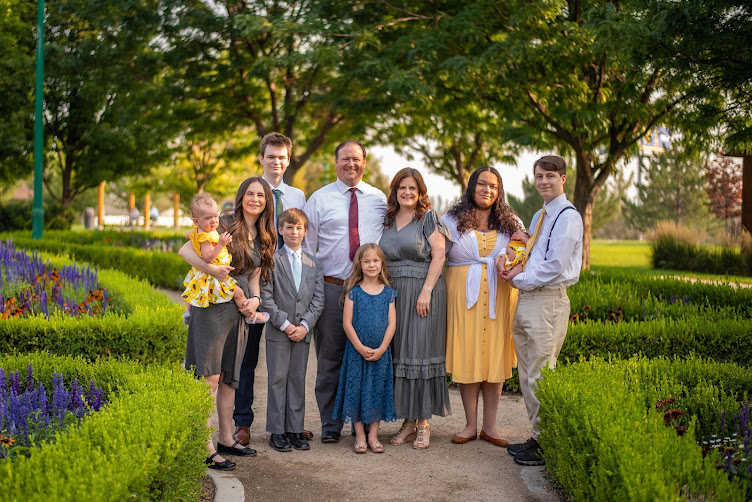On Monday, my husband and I celebrated our 24th wedding anniversary!
We have had many experiences including:
- Becoming the parents of six children
- Living in three different foreign countries.
- Supporting each other through multiple university degrees, including a PhD for Brent.
- Buying a house.
- Surviving a serious house fire.
- Rebuilding a house which was completely gutted. (Talk about stressful)
- Chronic illnesses—lupus & Hashimotos
- A miscarriage in the early second trimester.
- My husband worked in Saudi Arabia for a year before we moved there and was gone for large chunks of times.
- Car troubles
- Financial troubles
- Landlords and getting threatened by a landlord
- Mental illness in children
- My own depression
- Health episodes that required hospitalization
- Kids breaking bones, needing stitches, getting concussions
- Living really far from family and support systems
- Multiple moves
- Death of loved ones
- Pets
- And on and on
- Warm hellos and goodbyes
- Touches and kisses as you pass by each other
- Expressions of gratitude for the things each person does during the day
- Simple texts throughout the day
- Spending time at the end of the day together. Talk about the day.
- Sharing jokes. I like sending memes.
- Look for ways to lighten your spouse’s load
- Genuine compliments
- Focusing on positive things about your spouse. When I focus on why I love my husband, my love for him grows. When I dwell on the negative, my love diminishes. On my own, I often list the things I like about my husband. I also tell him. But I try to keep my inner dialogue on the positive.
- Ignore the negative (This one is tricky, because you should NOT ignore or excuse bad behavior or abuse. But, most of us do stupid things that are trivial. Ignoring those things is ok.)
- Share a tv show or book.
- Surprise your spouse with a little treat like their favorite drink, snack, candy, etc.
- Spend quality time with your spouse daily. Make sure you get time together. If you are apart because of work trips, make sure to reconnect daily through conversations.
- Look for ways to serve your spouse. If they have a hard time getting up, how can you make their morning easier? Bring home dinner, especially on a day when the stay at home parent has had a hard day. Don’t ignore the dishes. Start the laundry. Help kids pick up the toys.
- Show support to your spouse at work. Can they share their struggles and challenges with you? Make sure you are a safe person to express their frustrations. Cheer their successes.
- Be a cheerleader to your spouse! You should be their #1 fan. Tell them you are proud of them.
- Be a safe place to express emotions and feelings. Listen and offer love and comfort.
- Back scratches, foot massages, playing with hair

